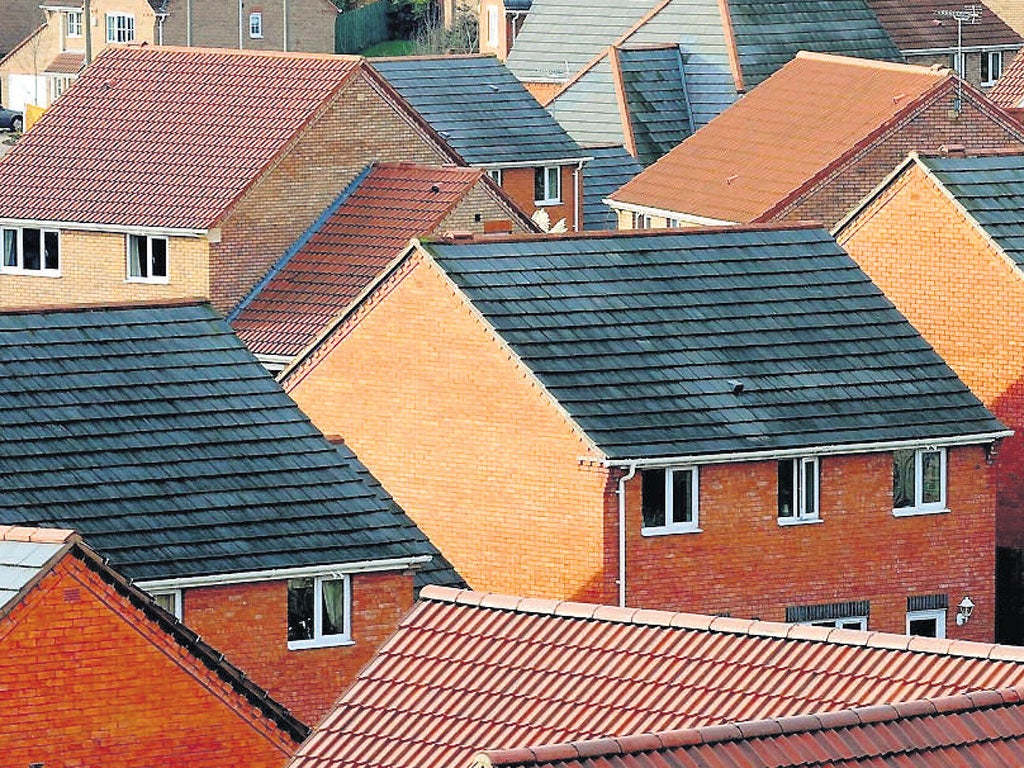Lengthy fixed rates 'will not bring stability'
Lenders have hit out at coalition proposals to introduce long-term fixed-rate mortgages

Grant Shapps, the Housing Minister, has been criticised for trying to persuade lenders to offer long-term fixed-rate mortgages when evidence suggest borrowers fear them.
On Thursday, speaking to building society chiefs, Shapps called on lenders to offer 30-year fixed-rate loans to give borrowers certainty and to encourage more investors to offer loans. It would in turn, he claimed, boost the first-time buyer market.
But Melanie Bien, mortgage expert at advisers Private Finance, is doubtful. "Politicians argue that longer-term fixes give stability to borrowers and the housing market but when borrowers do opt for fixes they prefer two, three or five-year deals. Fix for longer and you usually incur a hefty early repayment charge which could run into thousands of pounds."
She points out that long-term fixed rates tend to be too inflexible for most people, many of whom don't know what they are doing in the next few years, never mind 30 years. "They also tend to be quite expensive when compared with shorter fixes and variable rates, so you pay a price for longer-term security," Bien says.
Fixed-rate mortgages do offer the certainty of knowing how much your mortgage payment will be month after month. The longer the fix, the longer you'll know how much you need to cover the costs of a home loan, which is a great aid to budgeting. Indeed, long-term fixed rates are the norm in the US.
But British borrowers are wary about tying themselves into long-term deals which may prove to be too expensive. If you're on a fixed-rate and interest rates drop, you can very quickly be paying much more than you need to.
Indeed, evidence published by the Council of Mortgage Lenders, to coincide with Shapps' speech, shows that some 1.8 million borrowers who have recently come off a fixed-rate deal are, on average, paying £2,600 less each year for their variable loan.
In fact the idea of longer-term fixed-rate as a solution to the housing crisis has been suggested by government before, although last time it was a Labour idea. Gordon Brown, when Chancellor in 2003, suggested long-term fixes could be a solution – and an official government report followed.
Peter Dockar, head of mortgages at HSBC, says: "This is not the first time the issue of longer-term fixed rates has been raised – the Miles Report in 2004 made similar recommendations.
"But there is limited consumer demand for them. We periodically offer 10-year fixed products, but they have only ever accounted for a very small percentage of our total sales."
One benefit of long-term deals is having to pay only one arrangement fee, says Andrew Hagger of Moneynet. "If you continually chase short-term deals and remortgage every two years, you could pay £15,000 in fees in 30 years." But he agrees early redemption penalties and the inflexibility of 30-year deals makes them unsuitable for most.
David Hollingworth, of London & Country Mortgages, says the problem is making long-term deals attractive. "Many will find it hard to ignore the inevitably cheaper rates."
And Paul Broadhead, of the Building Societies Association, added: "The more flexible a fixed-rate, the more expensive it is for lenders to fund – which means higher charges."
Subscribe to Independent Premium to bookmark this article
Want to bookmark your favourite articles and stories to read or reference later? Start your Independent Premium subscription today.

Join our commenting forum
Join thought-provoking conversations, follow other Independent readers and see their replies